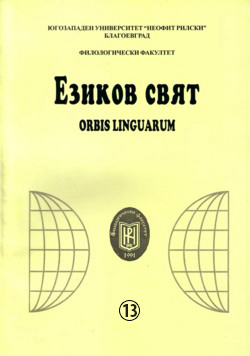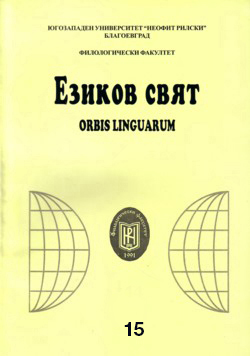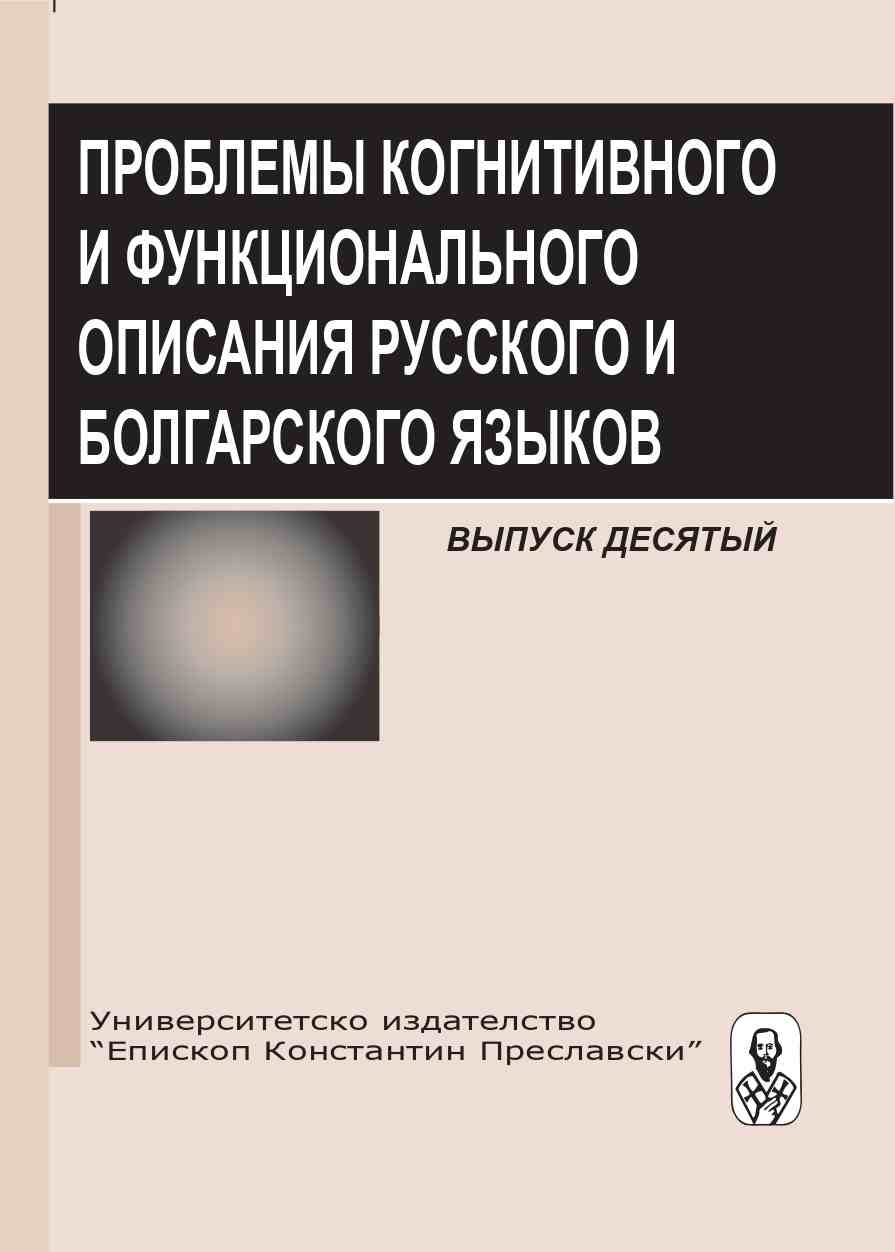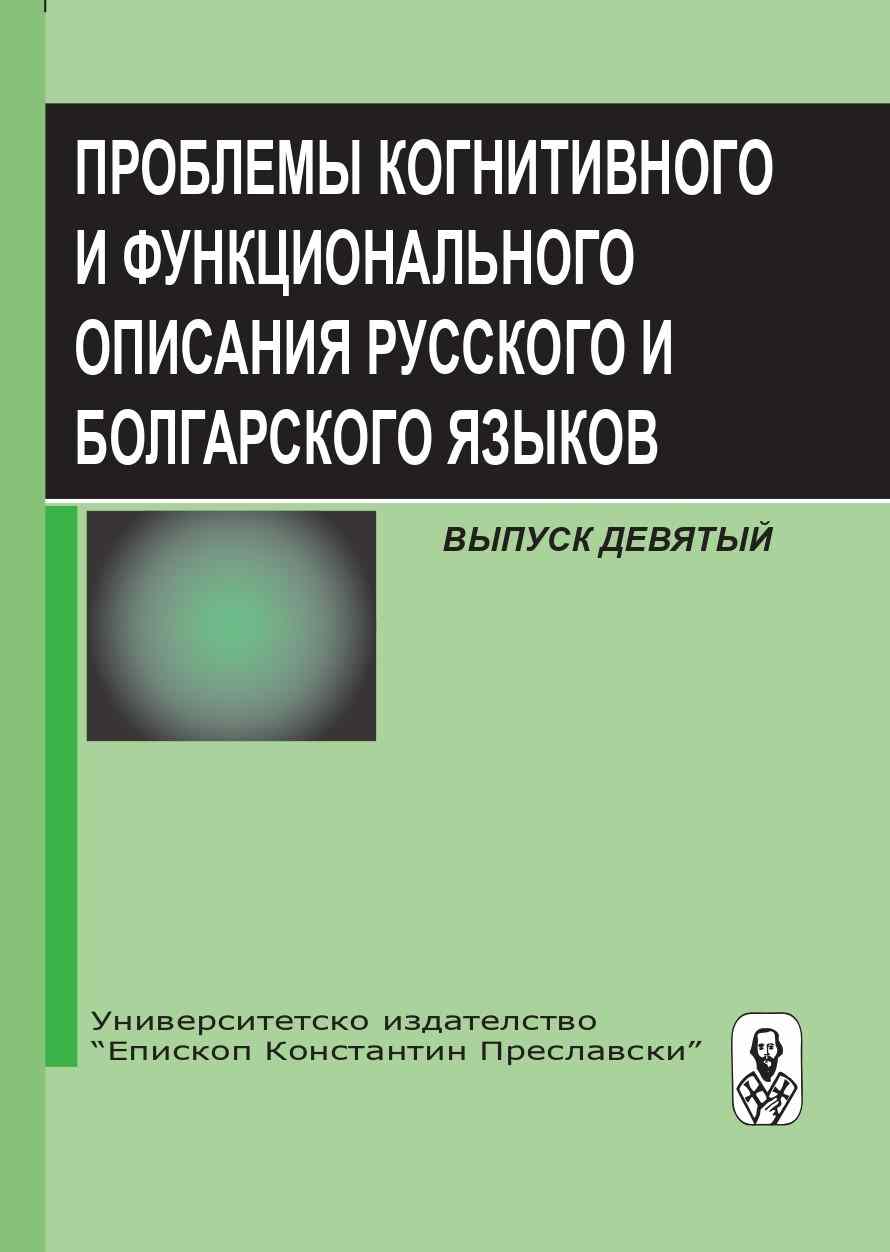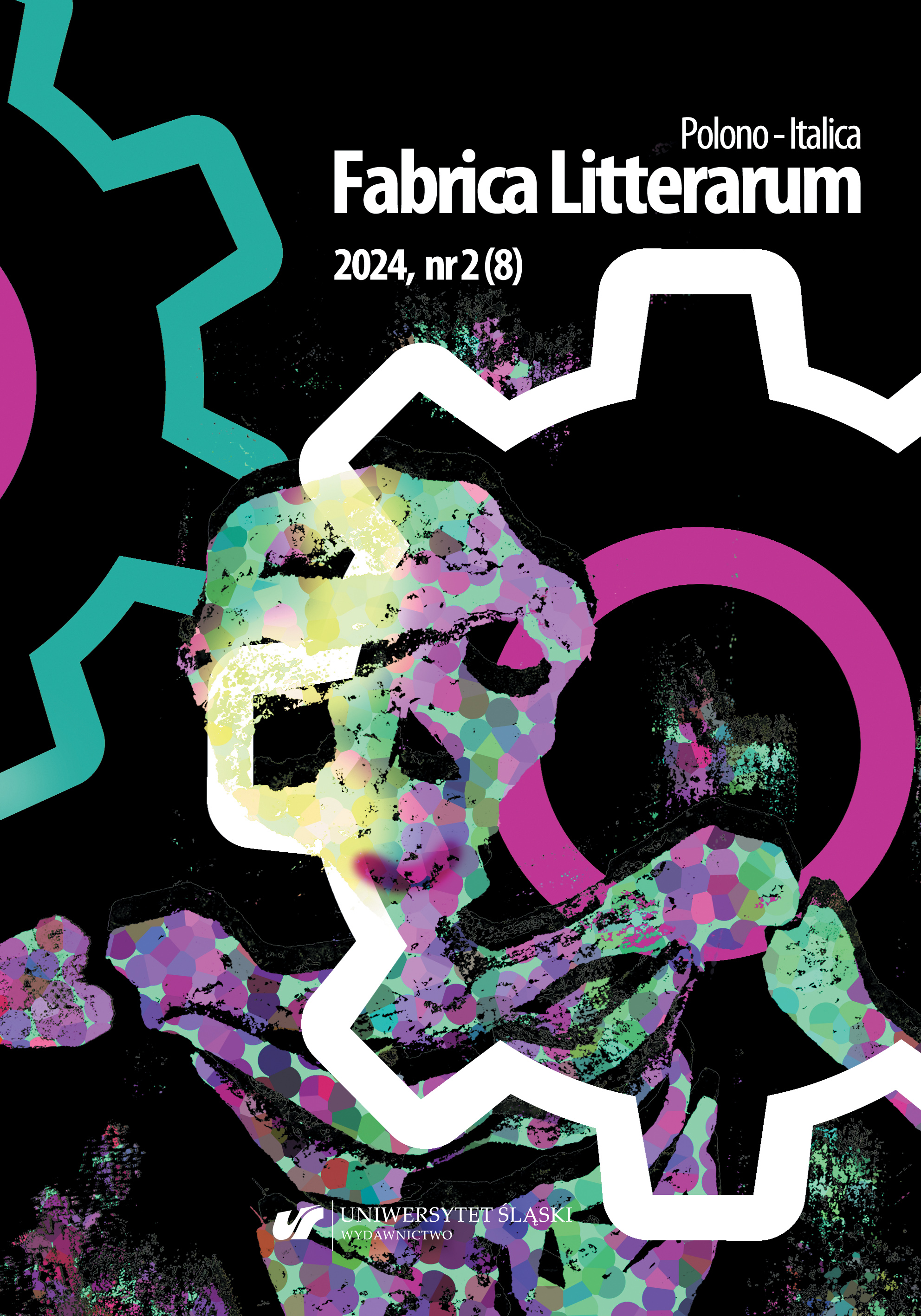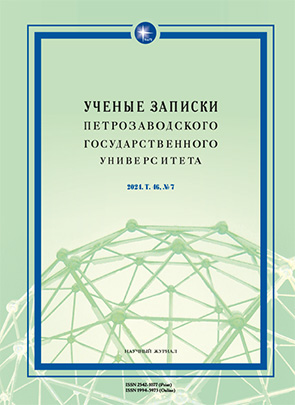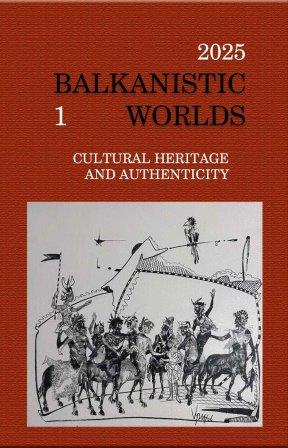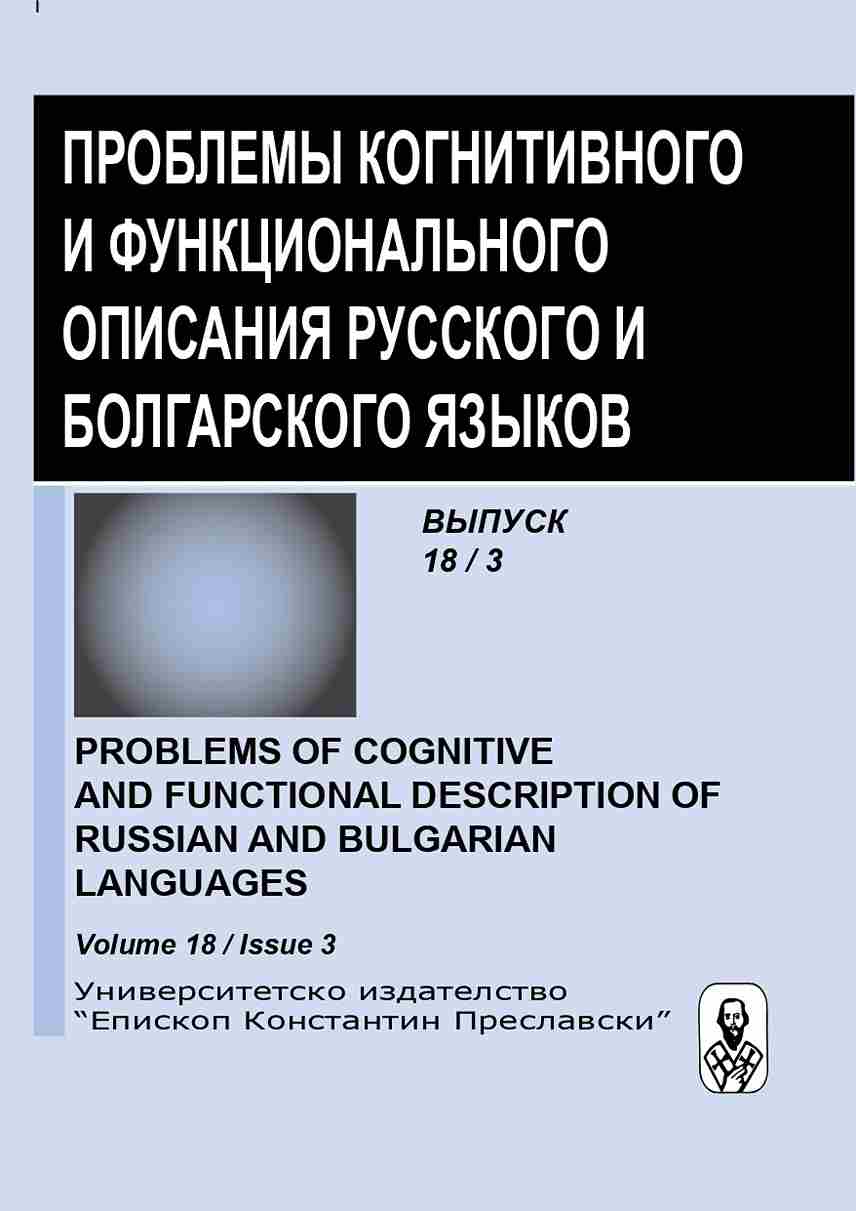Author(s): Elena Vladimirovna Generalova / Language(s): Russian
Issue: 7/2024
The purpose of the paper is to study the nature and features of semantic diffusivity in the Russian language of the XVI and the XVII centuries. The phenomenon of undifferentiation of several meanings in one context is actively researched on the basis of modern texts and is less studied in diachrony, although this phenomenon is found more frequently in Russian-language historical texts, thus having undoubted specificity. The basis for the study is formed by the Old-Russian-language texts of business and everyday content, in which, during the period of Moscow Rus, the living processes of formation of the future national Russian language took place. The reasons for the frequent phenomenon of diffusivity in the language of the XVI and the XVII centuries are the legacy of the Old Russian language, which was characterized by semantic syncretism, as well as the active process of polysemy formation in this period. A number of manifestations of semantic diffusivity in the Russian language of the XVI and the XVII centuries were identified: contexts with the combinations of insufficiently divergent meanings of future polysemantic words, non-segmentation of the semantic space of words, frequent ambiguity of phraseological units, the polyonymy of lexemes with concrete meaning manifested, on the one hand, through their ability to designate a number of similar objects and, on the other hand, through multiple nominations for specific subjects, the textual nature of synonymy complicated by morphological, word-formation, and lexical variability, the abundance of doublet names, the undifferentiated semantics of original words and derivatives. Thus, semantic diffusivity can be characterized as an essential, basic characteristic of the lexico-semantic system of the Old Russian language, and further consideration of semantic processes in the language of the period of initial formation of the national language is productive from this point of view.
More...
